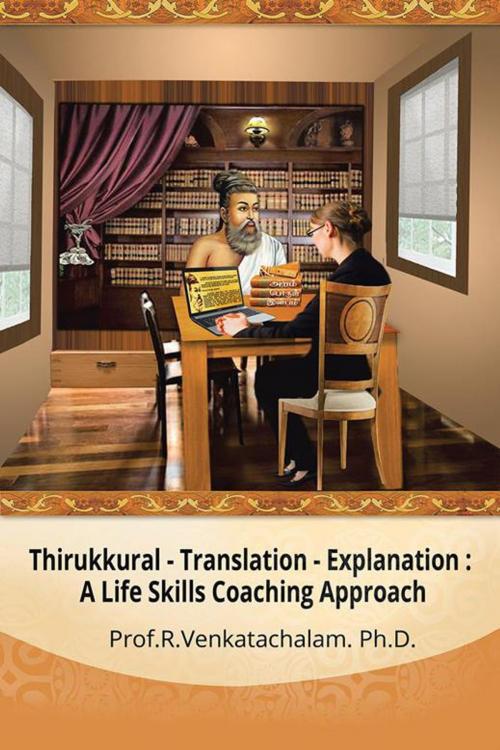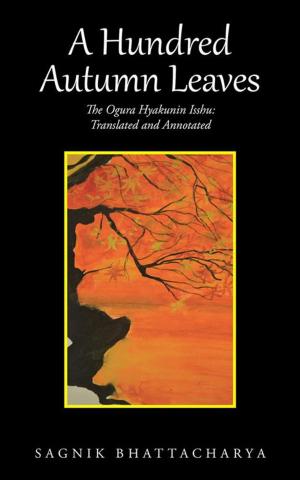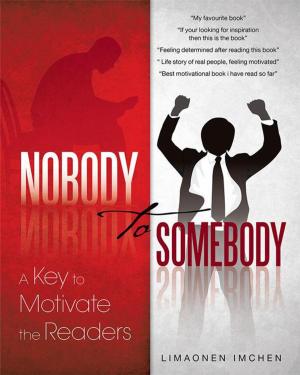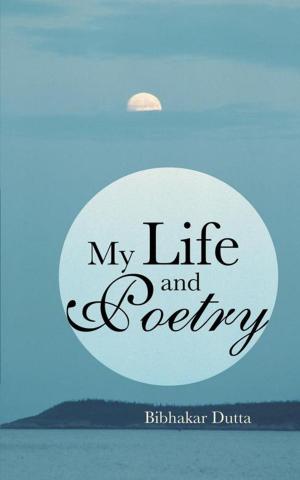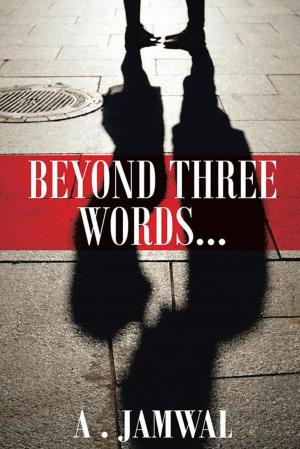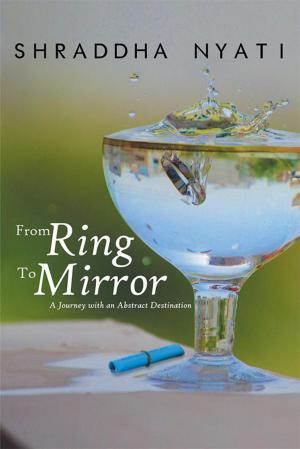Thirukkural - Translation -Explanation:
A Life Skills Coaching Approach
Nonfiction, Religion & Spirituality, Philosophy, Health & Well Being, Psychology| Author: | Prof. R. Venkatachalam | ISBN: | 9781482842890 |
| Publisher: | Partridge Publishing India | Publication: | August 12, 2015 |
| Imprint: | Partridge Publishing India | Language: | English |
| Author: | Prof. R. Venkatachalam |
| ISBN: | 9781482842890 |
| Publisher: | Partridge Publishing India |
| Publication: | August 12, 2015 |
| Imprint: | Partridge Publishing India |
| Language: | English |
Thiruvalluvar, the author of the Tamil treatise Thirukkural is considered to have lived sometime between 3rd century BC and 1st century AD. Thirukkural perhaps was a fitting reply to a host of conflicting and competing views that existed in Tamil speaking countries of the period on the right way of living, family, religion and governance, supported by various religions that reached the Tamil soil as well as those of indigenous ones and by philosophers who accompanied traders from far off countries. But unfortunately Thiruvalluvar himself did not give interpretation to his tersest couplets. The interpretations presented in 13nth century and earlier, in spite of the noble intention and extraordinary scholarship of the interpreters, I am afraid, understated its universality. Several centuries later, claims and counterclaims were made by the proponents of different religions including Christianity and the latest from atheists. I tried to remove the guise and achieved considerable success in this attempt. Fresh interpretations, which I believe truthfully reflect the thought of Thiruvalluvar, are provided in this book for nearly 360 couplets out of 1330 couplets. This conviction stems from my fresh look at Thirukkural that successfully shed away all the contradictions and unacceptable and unviable constructs it had to live with through the earlier interpretation(s). Thirukkural consists of 133 chapters with 10 couplets in each chapter. Each chapter is a life skill coaching material. They show how to live a soul-evolving life in the three arenas namely family, work and love. A soul which achieves full evolvement through numerous reincarnations reaches puthezhir ulagam (celestial abode). Thank you for buying this book. Contact me if you may at prof_venkat1947@yahoo.co.in.
Thiruvalluvar, the author of the Tamil treatise Thirukkural is considered to have lived sometime between 3rd century BC and 1st century AD. Thirukkural perhaps was a fitting reply to a host of conflicting and competing views that existed in Tamil speaking countries of the period on the right way of living, family, religion and governance, supported by various religions that reached the Tamil soil as well as those of indigenous ones and by philosophers who accompanied traders from far off countries. But unfortunately Thiruvalluvar himself did not give interpretation to his tersest couplets. The interpretations presented in 13nth century and earlier, in spite of the noble intention and extraordinary scholarship of the interpreters, I am afraid, understated its universality. Several centuries later, claims and counterclaims were made by the proponents of different religions including Christianity and the latest from atheists. I tried to remove the guise and achieved considerable success in this attempt. Fresh interpretations, which I believe truthfully reflect the thought of Thiruvalluvar, are provided in this book for nearly 360 couplets out of 1330 couplets. This conviction stems from my fresh look at Thirukkural that successfully shed away all the contradictions and unacceptable and unviable constructs it had to live with through the earlier interpretation(s). Thirukkural consists of 133 chapters with 10 couplets in each chapter. Each chapter is a life skill coaching material. They show how to live a soul-evolving life in the three arenas namely family, work and love. A soul which achieves full evolvement through numerous reincarnations reaches puthezhir ulagam (celestial abode). Thank you for buying this book. Contact me if you may at prof_venkat1947@yahoo.co.in.
